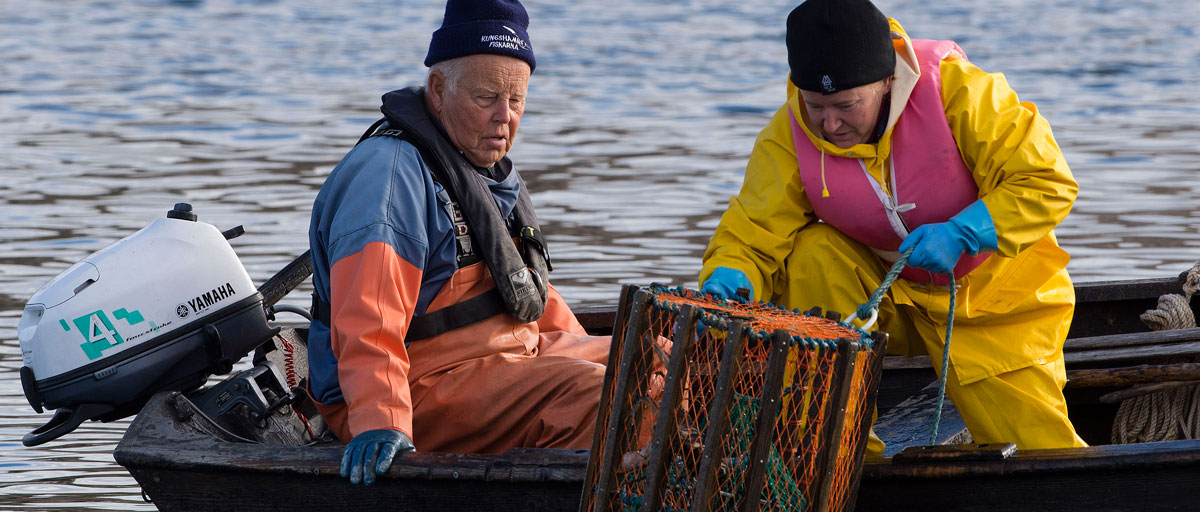Bildtext får vara max två rader text. Hela texten ska högerjusteras om den bara ska innehålla fotobyline! Photo: B. Christensen/Azote
DEALING WITH CLIMATE CHANGE
Tech alone won’t mitigate climate change

Climate mitigation analyses are too focused on technological solutions. There are several cultural, social and political aspects to be considered too. Photo: T.H. Snickars/Azote
- Technology alone will not limit warming to well below 2°C, yet the IPCC has tended to overlook behavioural, cultural, and social factors in their analyses
- A “tripartite framework” is suggested to better incorporate insights from social and behavioural sciences into feasibility analyses of climate mitigation
- We are more likely to make wise choices to minimize climate risks if we make the best use possible of all relevant science
Behavioural, cultural and social aspects must be factored in too. A new framework can help future analyses
“WE MUST BECOME MUCH BETTER”: Technical solutions alone will not be sufficient to limit warming to no more than 2°C by 2100. Yet, recent reports from the UN climate panel IPCC has tended to focus on the technical potential for mitigating climate change.
What about behavioural, cultural, and social factors?
In a study published in One Earth, centre co-founder Carl Folke together with colleagues from Denmark, Germany, the Netherlands, Norway, UK, and USA suggest a new framework for overcoming the above-mentioned shortcoming of current climate mitigation analyses.
We must become much better at taking societal factors into feasibility analyses and not just technological ones.
Kristian Steensen Nielsen, lead author
Take food consumption, for example. Eating less meat has a large proven technical potential, but the feasibility of achieving this opportunity depends on a number of societal factors, including everything from cultural and social norms to lobbying by meat producers and the availability (and taste) of meat substitutes.
Accelerating communication and knowledge
In short, the researchers’ proposed framework adds "behavioral plasticity" and "initiative feasibility" to the standard consideration of "technical potential" of different mitigation pathways.
“If these three factors are addressed explicitly, this framework can also help accelerate transdisciplinary communication and the accumulation of knowledge,” the authors explain.
Whereas the study mainly focuses on climate mitigation at the global level, the authors note that the framework might become useful also for national and local mitigation efforts.
Opportunities + initiatives = feasibility?
But what does mitigation imply in more concrete terms? Examples discussed in the study include new technologies for energy efficiency, renewable energy, stopping or reversing deforestation, changing lifestyles, and halting population growth.
Whether this will lead to actual reductions (or prevention) of emissions depends on whether individuals, governments, corporations, or others, can take advantage of all these mitigation opportunities.
Regulations, taxes, awareness campaigns, investment and other initiatives to adopt mitigation technologies will be needed to change the behaviour of households, organisations and other target actors.
Obviously, going from opportunities to successful initiatives for mitigation are not automatically seized and do not necessarily achieve their full potential. This is what feasibility is all about, which is defined by IPCC as “the capacity of a system as a whole to achieve a specific outcome.”
Content facts...
For more information about the study, contact co-author Carl Folke










